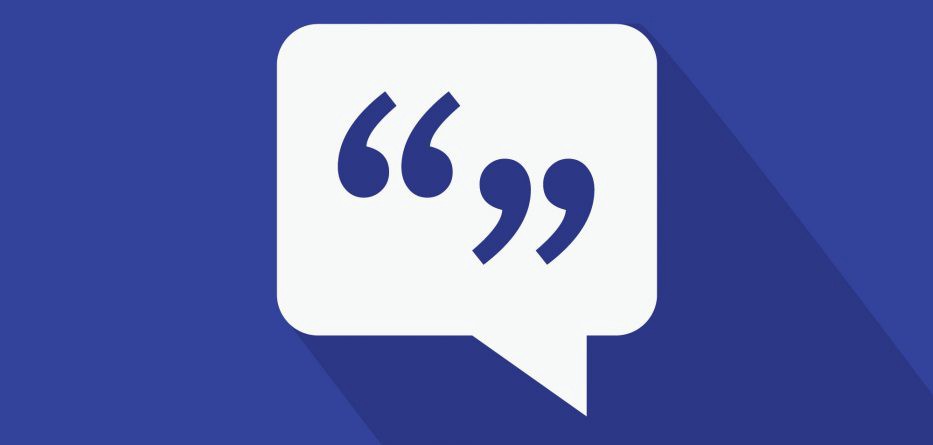As part of our drive to keep our comment section the best in New Zealand we showcase each week an example of a top-notch comment that adds value to The BFD.
Today’s comment was written by David Theobald Thank you David Theobald for taking the time to craft such an interesting comment.
You cannot get through life without trusting other people – it’s just not possible. This can range from the trivial – the car valet will not use your Jaguar for a ram raid – to the very serious indeed. I will use consenting to an operative procedure as an example here, for reasons I hope will become apparent.
As the number of people we can trust with the really big things in life gets smaller, then our life itself becomes very much harder. One of the casualties of the nightmare we may be just emerging from is trust in people and institutions that really matter.
When I was training and in the early years of my career, one would often come across patients with an obviously surgical scar, usually on their abdomens. The patient was almost always old and the scar not much younger – probably made in the 1950s, ’60s or earlier. ‘What was that operation for?’ ‘Ooh, I dunno – but the doctor said it was for the best’. Now, I am not saying that degree of trust in the medical profession was right or desirable, but it certainly existed. The level of trust the patient had in their doctor forty or fifty years ago was huge – with a capital H.
By the time I retired that trust had been eroded to such an extent that often people would consent to procedures only after a properly taken consent (which is laudable in every way) and an hour or two with Dr Google. I found this very irritating – not the consent bit, I was meticulous in this regard as one of my specialities du Maison was not without considerable risk on the morbidity and very occasionally mortality front. Care in the consent process – and the decisions that even got me to that place – became a central plank of what I did. No, the thing that irritated me was the internet bit and the realisation that the patient didn’t really trust me or the advice I was giving.
Decades of training and experience were being put up against a webpage. This swing of the trust pendulum has received a real shove in the distrust direction over the last two years. The trust in the medical profession has fallen to a depth I have never encountered before. This has been bought about not by practising clinicians but by ‘medical experts’ who are paraded in front of us as doctors.
Epidemiologists, whether they wear thick black-rimmed glasses or heavy metal tour T-shirts, do not see patients. Microbiologists, whatever their hair colour, do not see patients. Physicists who run computer models do not see patients. Health bureaucrats who make it obvious to doctors who do see patients, that if they conduct a consent process in the meticulous way I used to employ surrounding the administration of a far from proven intervention, will run the risk of having their registration suspended…..do not see patients.
All these people who do not see patients have either directly or indirectly eroded the trust that is essential for a proper ethical and morally sound doctor/patient relationship. It is a harm that I am sure will have negative effects on society way into the future.
Moving up (or down) the food chain we have in the last few hours had a politician making what boil down to clinical medical decisions. We are told that the draconian non-pharmaceutical interventions (NPI) that we have suffered (word chosen carefully) over the last two years will be ‘kept in the back pocket’ that they might be employed for the seasonal flu.
NPIs have been proven to be of no use in the overall progress of Covid and there is accumulating evidence that they cause societal harm – economic, mental health , non Covid diseases etc.
I always thought that any government of any country I lived in, even if it did not have my best interests at heart, would do me no harm. I trusted them. Gone.

